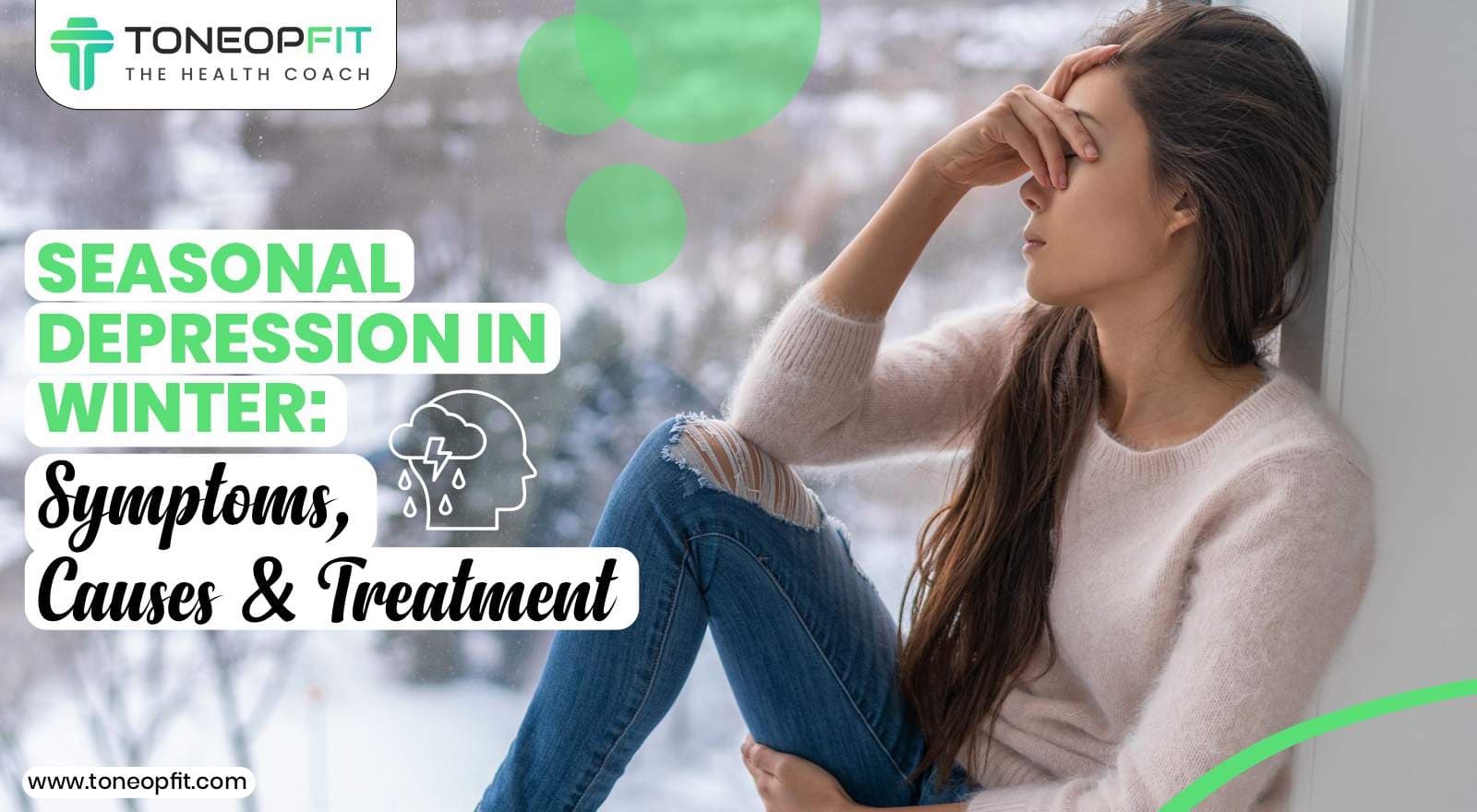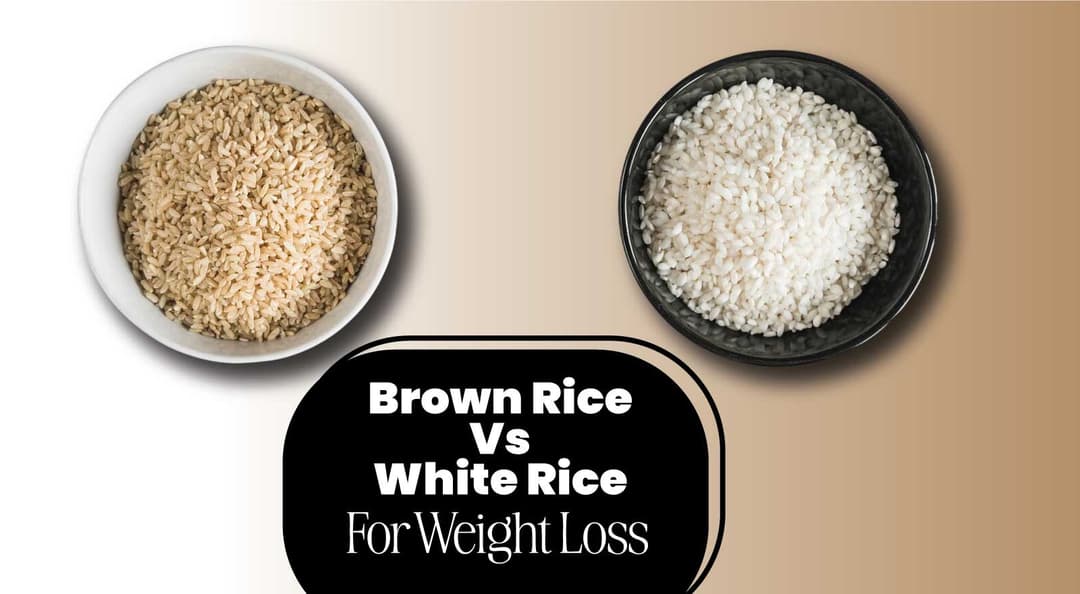Winter brings with it cold winds and bitter frosts, as well as comfort and cosiness for many. But as the weather changes, so does our lifestyle—from food to clothing to sleeping hours.
This season also has a profound impact on our physical and mental health, and some people fall into seasonal depression or seasonal affective disorder (SAD) as soon as the days start to shorten. It’s also called winter depression or winter blues, which can make them moody, sad and lethargic. SAD can affect 11 million people worldwide each year, and another 25 million may have a milder form called the winter blues.
This blog will explore the symptoms of winter blues and provide tips on managing seasonal depression in winter.
Table Of Contents
- What Is Winter Depression or Seasonal Affective Disorder?
- Symptoms Of Winter Depression/Seasonal Affective Disorder
- Why Do Depression Rates Increase In Winter?
- Is It Normal To Feel Depressed In Winter?
- Treatment For Winter Depression/Seasonal Affective Disorder
- Expert’s Advice
- The Final Say
- FAQs
- References
What Is Winter Depression or Seasonal Affective Disorder?
Seasonal depression in winter is also called seasonal affective disorder (SAD). It is triggered by the change of seasons and most often begins at the end of autumn. Seasonal affective disorder (SAD) is a type of depression which is triggered by the change of seasons, usually at the beginning of autumn and worsens in late fall or early winter. Finally, it ends as the sunnier days of spring finally arrive. These mood swings can affect how you feel, think, and act, making it worse. The milder version of SAD is known as the "winter blues", which refers to a general feeling of sadness and is not a depressive disorder.
While it's normal to feel the winter blues or a little down during the colder months due to shorter days, lack of sunlight and other changes, SAD goes even further. It is a form of depression, and unlike the winter blues, SAD affects your everyday life, including how you feel and think. Fortunately, there are treatments that can help you get through this difficult time.
Symptoms Of Winter Depression/Seasonal Affective Disorder
SAD is a type of depression characterised by a recurring seasonal pattern, with symptoms lasting approximately 4-5 months of the year. Symptoms of SAD include those associated with depression, as well as disorder-specific symptoms that differ for winter and summer SAD.
Not every person with SAD experiences all of the symptoms listed below, which may affect the person most of the day, almost every day for at least 2 weeks. These symptoms are:
- Persistent sad, anxious, or blank mood
- Feelings of hopelessness/pessimism
- Feelings of irritability, frustration or restlessness
- Feelings of guilt, worthlessness or helplessness
- Loss of interest in hobbies and activities
- Decreased energy, tiredness or feeling weak
- Difficulty concentrating, remembering or making decisions
- Changes in sleep or appetite or unplanned changes in weight
- Headaches, cramps, stomach issues, or bodily aches and pains that don't go away with medication and have no apparent physical cause
In the winter type of SAD, other symptoms may include:
- Oversleeping (hypersomnia)
- Overeating, especially with carbohydrate cravings
- Social withdrawal
Also Read: Top 10 Exercises For Winter & How To Battle The Laziness And Get Fit
Why Do Depression Rates Increase In Winter?
Depression rates increase in winter due to a combination of factors, such as reduced daylight and changes in weather patterns.
The shorter days and lack of sunlight every day drop serotonin levels, a neurotransmitter that regulates mood. This makes people more susceptible to depression. The lack of sunlight can also disrupt circadian rhythms, affecting sleep and energy levels. These points make it essential to soak sunlight in winter every day.
Vitamin D deficiency may exacerbate these problems in people with winter SAD, as vitamin D is thought to promote serotonin activity. With less daylight in the winter, people with SAD may have lower levels of vitamin D, which further reduces serotonin activity.
Is It Normal To Feel Depressed In Winter?
Yes, it's normal to feel a little depressed or have the winter blues when the days get shorter in the fall and winter.
However, if you experience persistent and worsening mood swings that affect how you feel, think, and behave, you may have seasonal affective disorder (SAD), a type of depression triggered by seasonal changes. While mild winter blues are normal, it's important to monitor how long the feelings last and how they impact daily life. If depression becomes more intense or interferes with normal functioning, seeking professional help is recommended.
Also Read: Exercise and Mental Health: How Physical Activities Alleviate Symptoms of Anxiety And Depression
Treatment For Winter Depression/Seasonal Affective Disorder

There are many treatment options to help improve SAD. A combination of treatments may lead to the best results.
1. Light Therapy
Light therapy involves sitting in front of a special light box that mimics sunlight every day, all through autumn and winter. Doctors recommend using a light box for 30-45 minutes, often in the morning.
Light therapy may not be safe for people with certain eye conditions or those taking medications that increase sensitivity to light. Before starting light therapy, talk to your doctor about a product recommendation.
2. Psychotherapy
Psychotherapy or talk therapy can help people with SAD manage or reduce behaviours and thought patterns that contribute to depression. For example, Cognitive behavioural therapy for SAD (CBT-SAD) aims to help people reduce negative thoughts related to the seasons and identify positive experiences.
3. Antidepressants
Medications to treat depression can help SAD by regulating chemicals in the brain associated with mood. There are many types of antidepressants, all with different effects, benefits, and risks. Your doctor can help you find the best option.
4. Vitamin D Supplements
Because vitamin D deficiency can contribute to SAD, doctors may recommend vitamin D supplementation. However, more research is needed to confirm vitamin D supplements' effectiveness. Talk to your doctor before taking any supplements, even over-the-counter ones.
ToneOp Care’s Vitamin 360 is a specially formulated multivitamin supplement that contains all the important vitamins for the body, including vitamin D.
Also Read: How To Avoid Dandruff In Winter Naturally? 7 Home Remedies And Tips To Prevent or Treat Dandruff
Expert’s Advice
To protect yourself from seasonal depression, it is important to incorporate good and positive habits into your routine. Positive habits like self-care can help improve your mental health and overcome winter depression.
Remember to stay positive, limit your social media usage, and eat a nutrient-dense diet. Try to sunbathe every day for 15-30 minutes because sunlight is not only a great source of vitamin D but also helps our brain release a hormone called serotonin, which is very effective at improving mood and reducing anxiety.
Health Expert
Lavina Chauhan
The Final Say
Winter can cause or worsen depression due to reduced sunlight and changes in weather patterns, which affect serotonin and melatonin levels. It can cause seasonal affective disorder, which is a type of depression, or its milder version called the winter blues.
With the winter pattern of SAD, you may experience symptoms such as low mood, fatigue, and pain from fall to spring. Psychotherapy and vitamin D supplements can help reduce symptoms and improve quality of life during the winter. Talk to your doctor about any persistent symptoms of depression or questions about SAD.
FAQs
1. Who is most at risk of developing winter SAD?
Research and surveys over the years have found that women are more likely to suffer from winter SAD than men. People with a history of depression or a seasonal pattern of even just feeling down are also more likely to experience these symptoms.
2. Is taking vitamin D supplements a recommended therapy?
Taking vitamin D supplements may help alleviate symptoms of Seasonal Affective Disorder (SAD), but the evidence is inconclusive. While some studies suggest that vitamin D can improve mood, it is not universally recommended as a primary treatment for SAD, and further research is needed to confirm its effectiveness.
References
- https://www.mayoclinic.org/diseases-conditions/seasonal-affective-disorder/symptoms-causes/syc-20364651#symptoms
- https://my.clevelandclinic.org/health/diseases/9293-seasonal-depression
- https://www.nimh.nih.gov/health/publications/seasonal-affective-disorder
- https://www.webmd.com/depression/seasonal-affective-disorder
- https://resources.healthgrades.com/right-care/depression/does-winter-make-depression-worse#treatment
- https://www.hopkinsmedicine.org/health/conditions-and-diseases/seasonal-affective-disorder#:~:text=Seasonal%20affective%20disorder%20(SAD)%20is,most%20often%20fall%20or%20winter.
- https://www.jagran.com/lifestyle/health-five-tips-to-cope-up-with-seasonal-depression-or-winter-blues-23592038.html
- https://www.onlymyhealth.com/tips-to-combat-seasonal-affective-disorder-in-winters-in-hindi-1670829025
About ToneOp Fit
ToneOp Fit is a platform dedicated to improving and maintaining good health through a comprehensive range of goal-oriented health plans with up to 3 Coach support. With a range of Weight Management, Medical Condition, Detox Plans, and Face Yoga Plans, the app also provides premium health trackers, recipes and health content. Get customised diet, fitness, naturopathy & yoga plans and transform yourself with ToneOp.










































